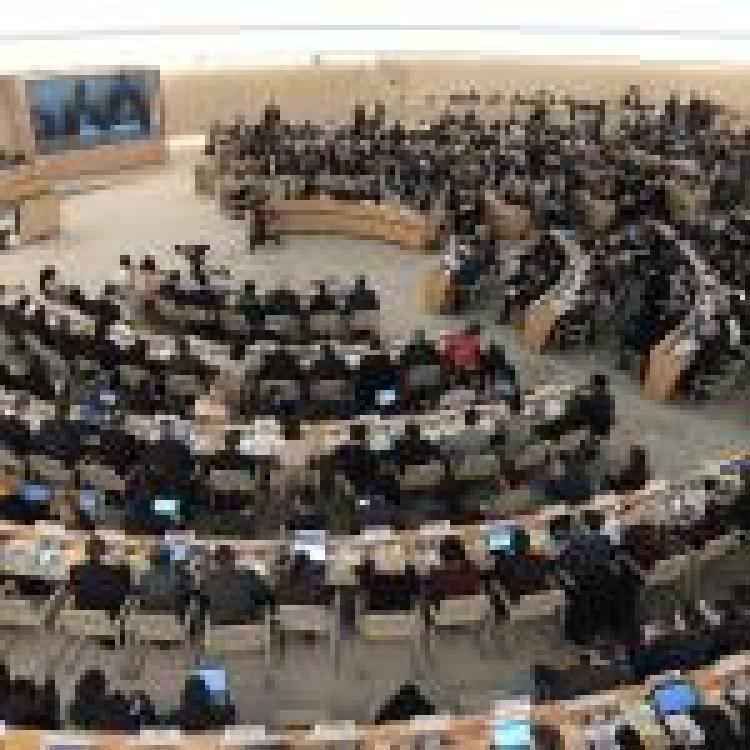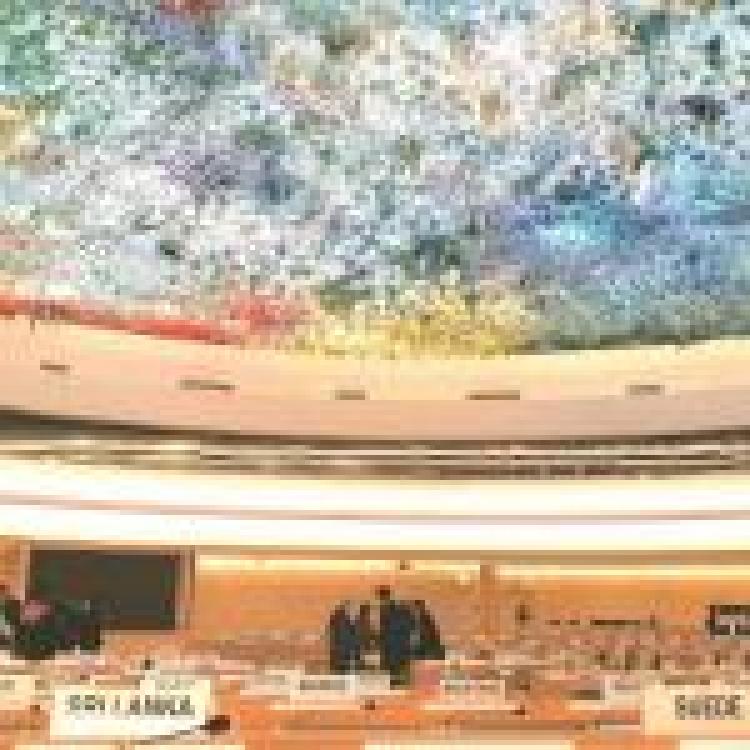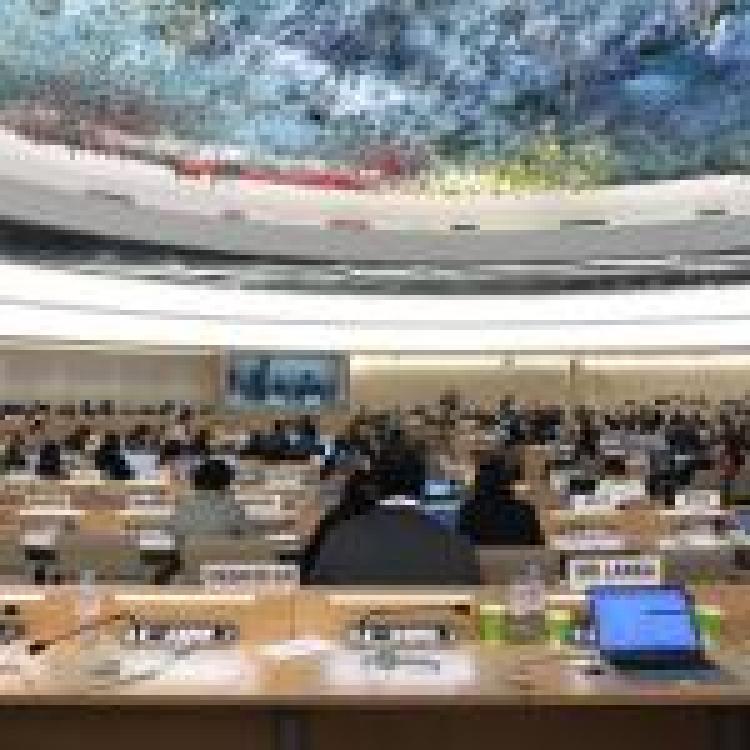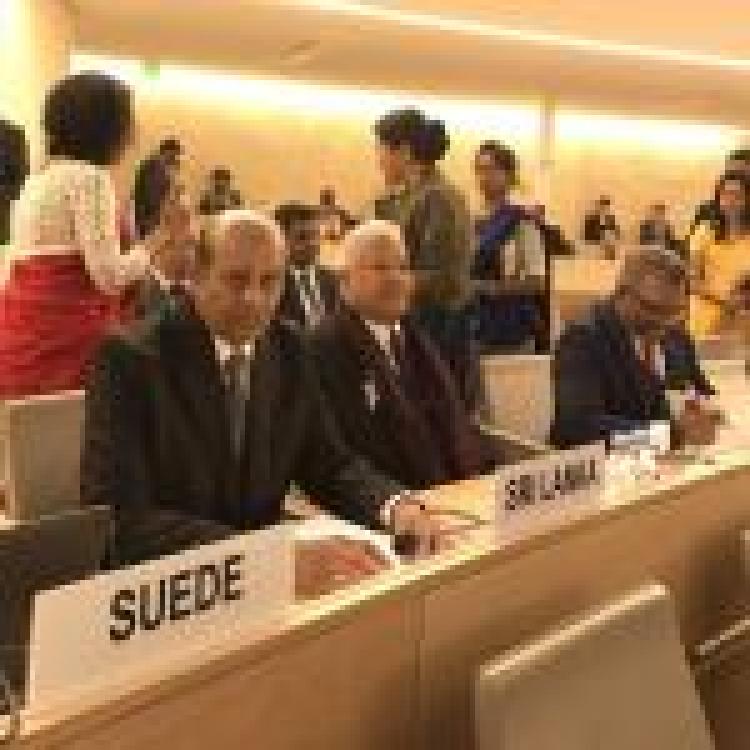
Several international NGOs have criticised Sri Lanka’s unwillingness to hold war criminals to account through an accountability mechanism with international involvement, as a resolution was passed giving the government two more years to do so this week.
Speaking at the UN Human Rights Council in Geneva, the International Commission of Jurists (ICJ) said it was “particularly concerned about the lack of progress in the area of criminal accountability” and said there was an “an urgent need to establish a judicial mechanism with the involvement of foreign judges”.
It said that it rejects calls for a purely domestic mechanism and that “the ICJ considers that the continuing failure of the Government to ensure justice means that referral to the International Criminal Court or the creation of another international mechanism to facilitate criminal accountability would be fully warranted”.
The ICJ also noted that “a judicial mechanism with the involvement of foreign judges is particularly urgent for women in conflict-affected areas who still live in a highly militarized environment and are compelled to live among their perpetrators – those who have been accused of war crimes including rape and other forms of sexual violence”.
See the full text of the ICJ statement here.
Amnesty International meanwhile said that “as a result of the ongoing failure of the authorities to hold perpetrators to account, including for alleged war crimes and crimes against humanity, impunity prevails”.
The organisation said it “supports the report’s call for UN member states to investigate and prosecute such crimes wherever possible, including by exercising universal jurisdiction”.
See the full text of the Amnesty International statement here.
Human Rights Watch noted how Sri Lankan leaders have repeatedly spoken out against international accountability, and “given the insufficient progress to date, and rising frustrations that any accountability process seems stalled, civil society, Special Procedures, the former and current High Commissioners, and even the resolution Core Group itself have underlined the need for a clear timetable and framework for Sri Lanka to fulfill its commitments”.
“We are disappointed that the resolution tabled for consideration this session includes reference to a time-bound implementation plan as a preambular encouragement only,” HRW added.
See the full text of the HRW statement here.
The call for member states to exercise universal jurisdiction was echoed by the Asian Forum for Human Rights and Development, who said,“ The government backtracking on the commitment to establish a judicial mechanism with international involvement is particularly concerning”.
“Member states must consider seriously the High Commissioner’s recommendation to use universal jurisdiction principles and explore other options to advance accountability in the absence of credible domestic processes,” it added.
See the full text of the Forum Asia statement here.





